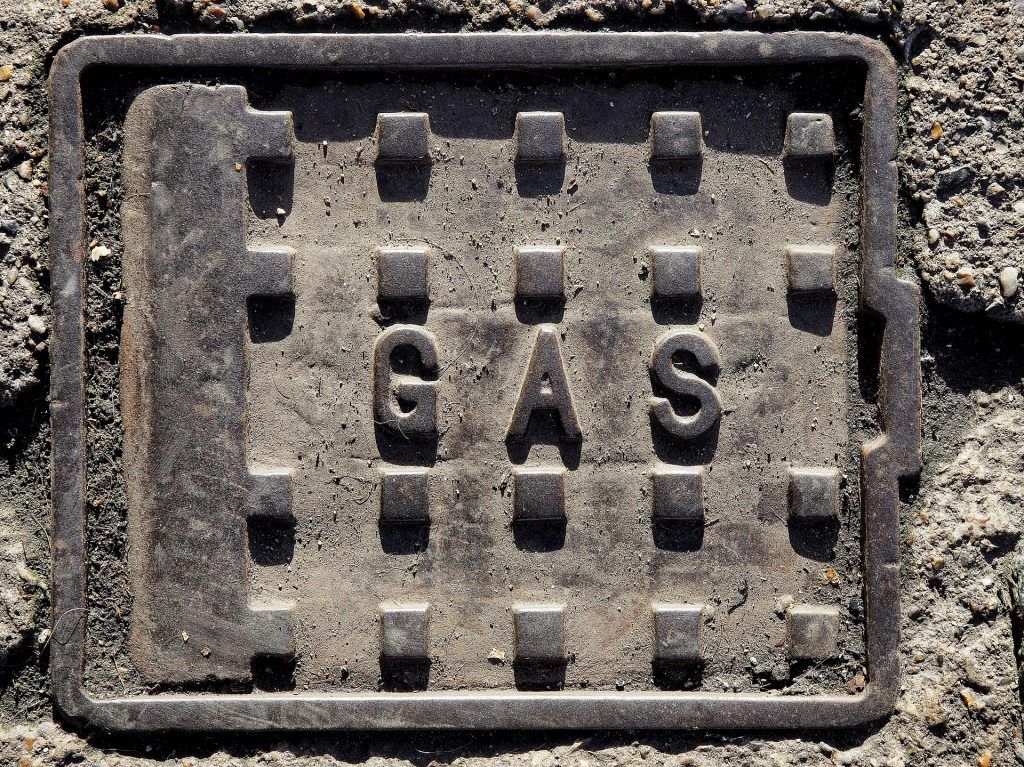Scientists: We need a global methane agreement—now
By Fiona Harvey | August 13, 2021
 Image courtesy of Andrew Martin/Pixabay
Image courtesy of Andrew Martin/Pixabay
Editor’s note: This story was originally published by The Guardian. It appears here as part of the Climate Desk collaboration.
Cutting carbon dioxide is not enough to solve the climate crisis—the world must act swiftly on another powerful greenhouse gas, methane, to halt the rise in global temperatures, experts have warned.
Leading climate scientists have given their starkest warning yet—that we are rushing to the brink of climate catastrophe‚in a landmark report on Monday. The Intergovernmental Panel on Climate Change (IPCC) published its sixth assessment report, a comprehensive review of the world’s knowledge of the climate crisis and how human actions are altering the planet. It shows in detail how close the world is to irreversible change.
One of the key action points for policymakers is a warning that methane is playing an ever greater role in overheating the planet. The carbon-rich gas, produced from animal farming, shale gas wells, and poorly managed conventional oil and gas extraction, heats the world far more effectively than carbon dioxide—it has a “warming potential” more than 80 times that of carbon dioxide—but has a shorter life in the atmosphere, persisting for about a decade before it degrades.
Durwood Zaelke, president of the Institute for Governance and Sustainable Development and a lead reviewer for the IPCC, said methane reductions were probably the only way of staving off average global temperature rises of 1.5 degrees Celsius (2.7 degrees Fahrenheit) above pre-industrial levels, beyond which extreme weather will increase and “tipping points” could be reached. “Cutting methane is the biggest opportunity to slow warming between now and 2040,” he said. “We need to face this emergency.”
Zaelke said policymakers must heed the IPCC findings on methane before the UN climate talks, known as “Cop26,” in Glasgow, Scotland, this November. “We need to see at Cop26 a recognition of this problem, that we need to do something on this.”
Cutting methane could balance the impact of phasing out coal, a key goal at Cop26 because it is the dirtiest fossil fuel and has caused sharp rises in emissions in recent years. But coal use has a perverse climate effect: The particles of sulphur it produces shield the Earth from some of the warming by deflecting some sunlight.
That means that the immediate effect of cutting coal use could be to increase warming, although protecting the Earth in the medium- and long-term. Zaelke said cutting methane could offset that. “Defossilization will not lead to cooling until about 2050. Sulphur falling out of the atmosphere will unmask warming that is already in the system,” he said.
“Climate change is like a marathon—we need to stay in the race. Cutting carbon dioxide will not lead to cooling in the next 10 years, and beyond that our ability to tackle climate change will be so severely compromised that we will not be able to run on. Cutting methane gives us time.”
Levels of methane have risen sharply in recent years, caused by shale gas, poorly managed conventional gas, oil drilling and meat production. Last year, methane emissions rose by a record amount, according to the UN environment program.
Satellite data shows that some of the key sources of methane are poorly managed Russian oil and gas wells. Gas can be extracted from conventional drilling using modern techniques that all but eliminate “fugitive” or accidental methane emissions. But while countries such as Qatar take care over methane, Russia—which is a party to the 2015 Paris climate agreement but has made little effort to cut its emissions—has some of the leakiest infrastructure.
“Today more than 40 percent of European Union [EU] gas is methane heavy gas from Russia, which is worse than coal for the climate,” said Paul Bledsoe, a former Clinton White House climate adviser now with the Progressive Policy Institute in Washington. “The EU should begin to measure and then regulate methane emissions from all its natural gas imports to begin a cleanup of global natural gas.”
Reducing methane emissions can save money. The UN’s assessment found that about half of the reductions in methane needed could be achieved with a quick payback.
Zaelke urged governments to consider crafting a new deal, alongside the Paris agreement, that would cover methane and require countries to sharply reduce their gas. “I predict we will have to have a global methane agreement,” he said.
Methane is also produced by melting permafrost, and there have been indications that the Siberian heatwave could increase emissions of the gas. However, large-scale emissions from permafrost melting are thought to be still some way off, while emissions of methane from agriculture and industry can be tackled today.
Together, we make the world safer.
The Bulletin elevates expert voices above the noise. But as an independent nonprofit organization, our operations depend on the support of readers like you. Help us continue to deliver quality journalism that holds leaders accountable. Your support of our work at any level is important. In return, we promise our coverage will be understandable, influential, vigilant, solution-oriented, and fair-minded. Together we can make a difference.
Keywords: IPCC, climate change, climate crisis, emissions, global warming, greenhouse gas, methane
Topics: Climate Change
















This is BS, the amount of Methane released by farming is minuscule, compared to the amounts released by thawing out permafrost in the North, on land, and under the water in the oceans in the North. There are bubbles north of Siberia in the sea so big ships and boats have to go around, there is not enough buoyancy for them.
Fires in Siberia are feed by methane coming out of the ground. Impossible to extinguish.
We should have done something 50 years ago.